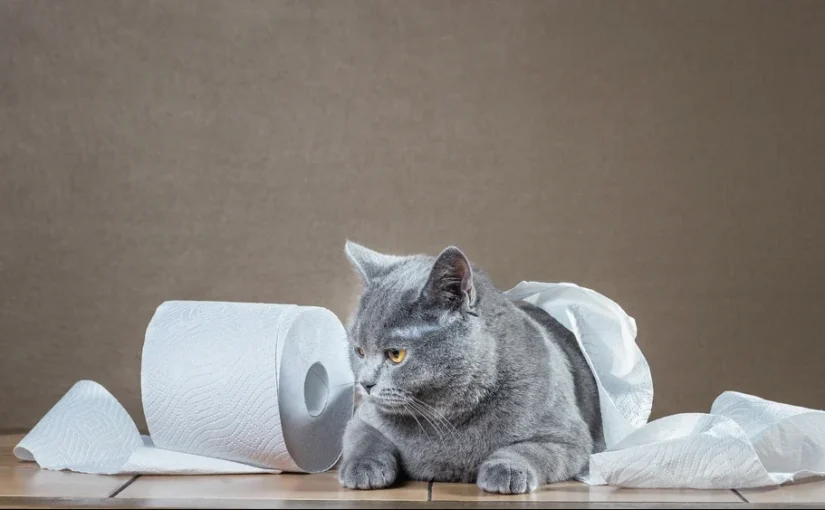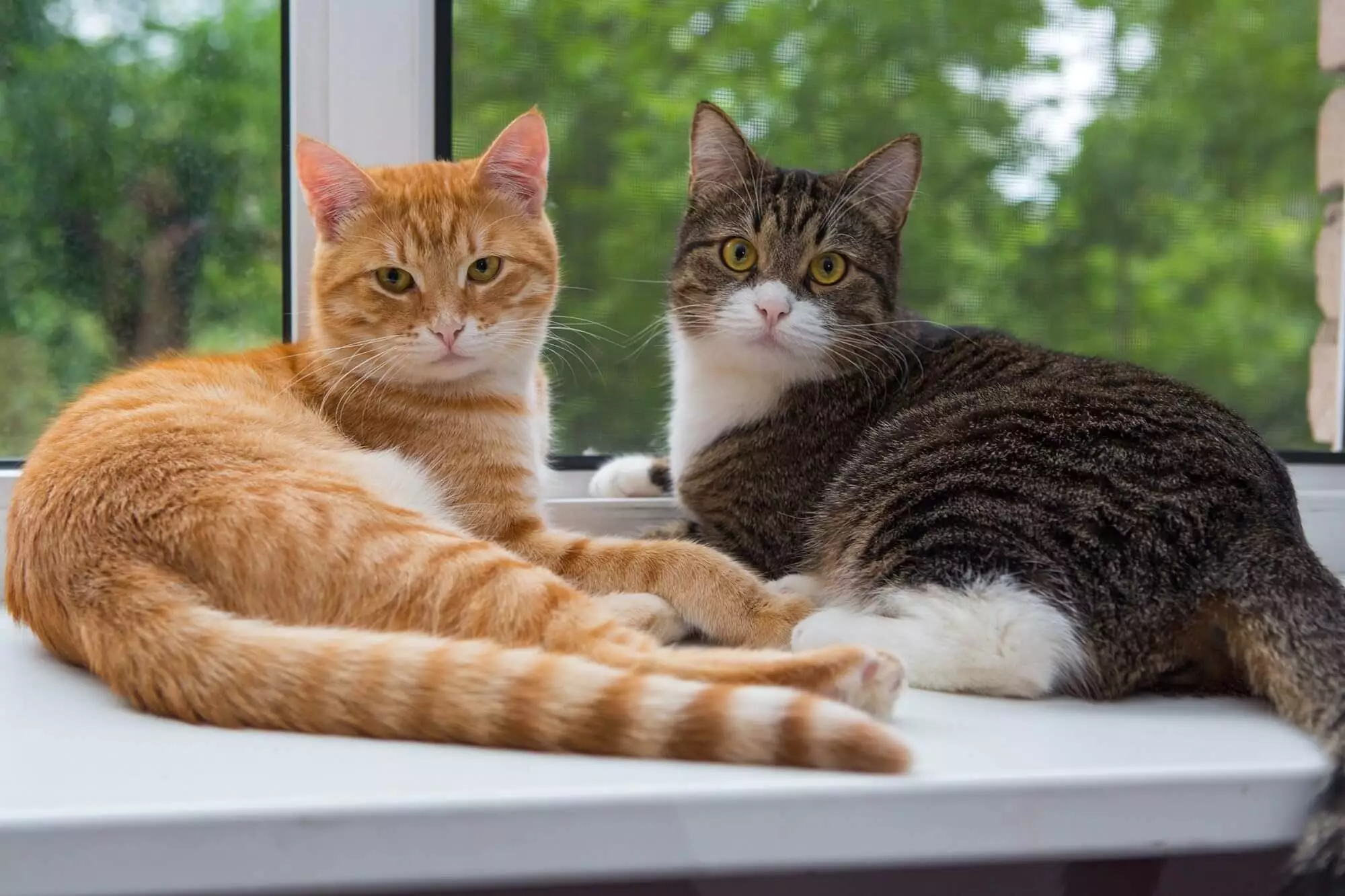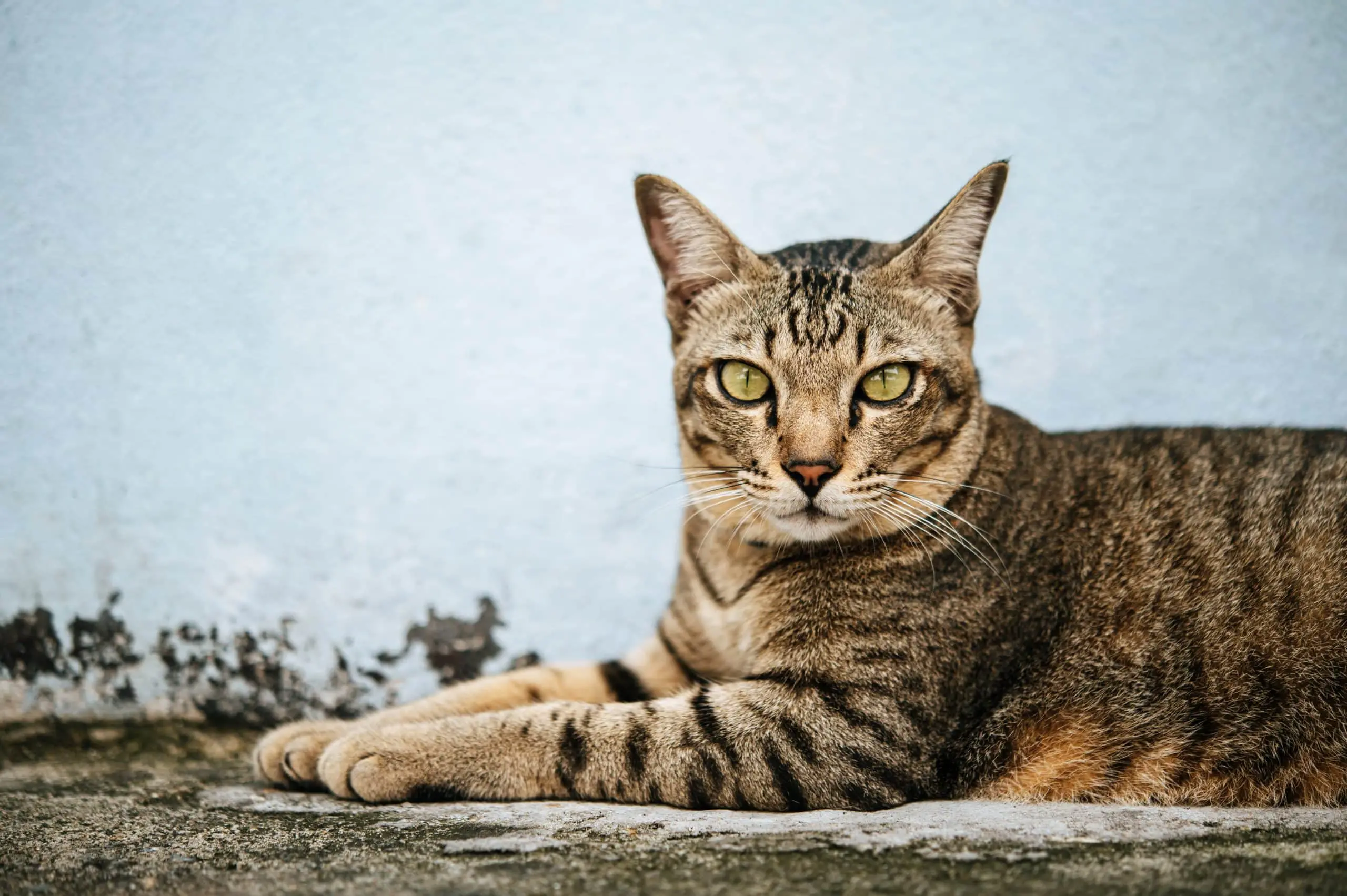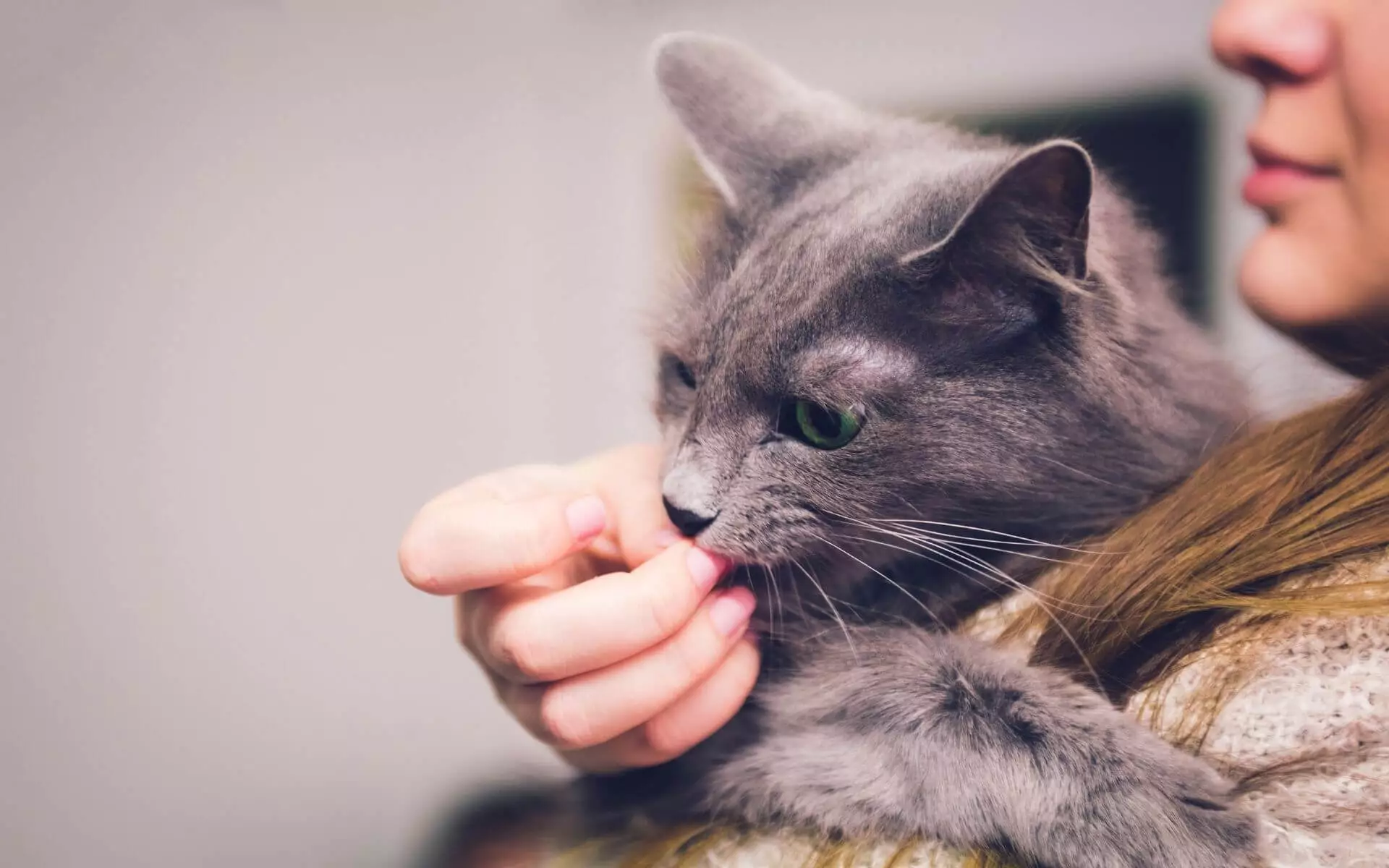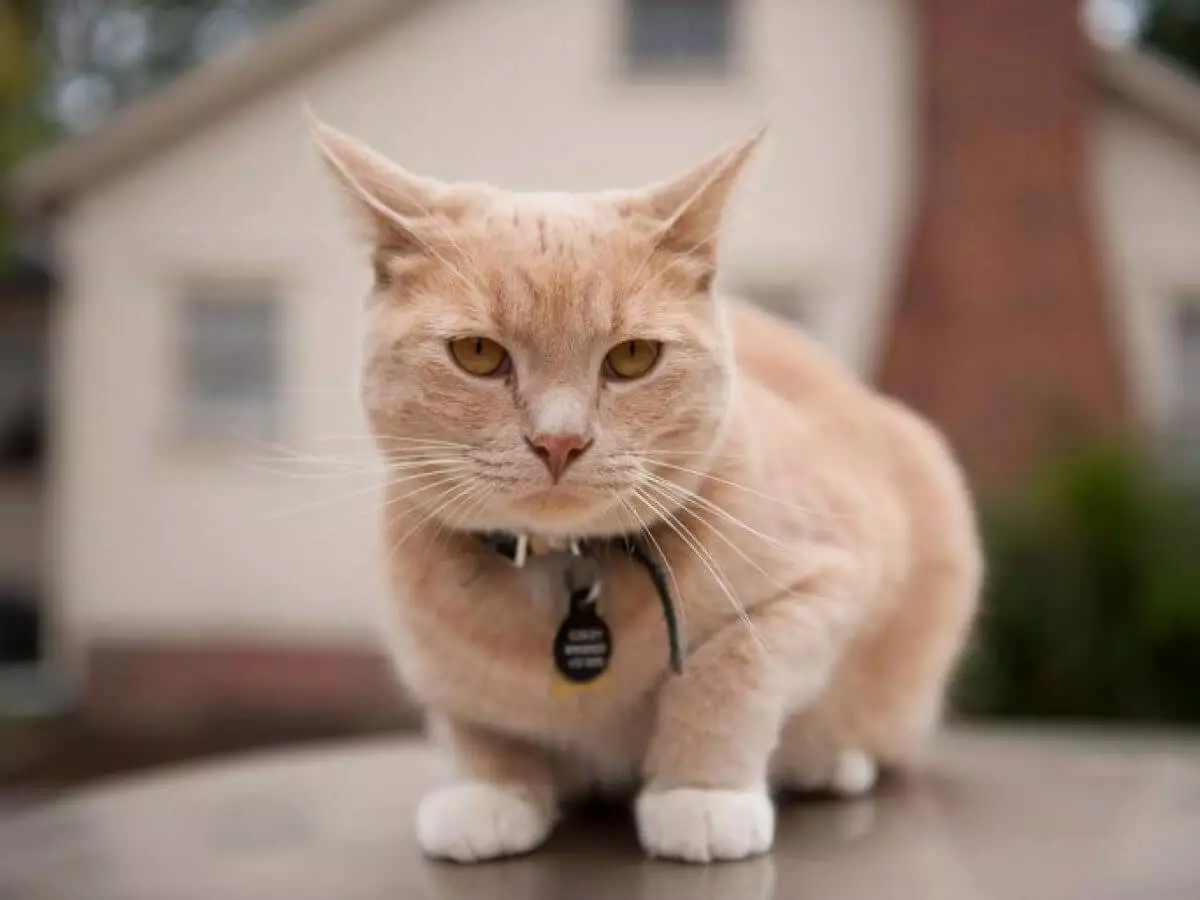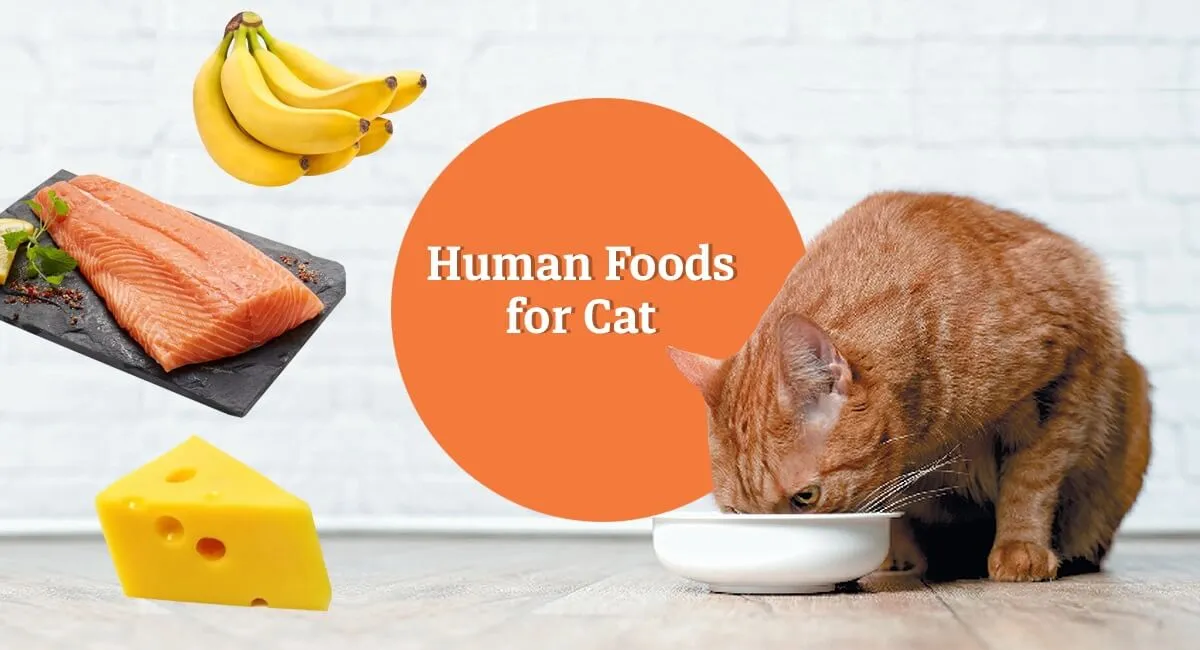It’s never pleasant to discover that your Cat Has Diarrhea, especially when you don’t know what’s causing it. Feline diarrhea can be a one-time issue or a sign of something more serious. From diet to disease, there are multiple reasons your cat may be experiencing digestive trouble. This guide will help you understand the causes, symptoms, and treatment options when your Cat Has Diarrhea — so you can take quick, informed action.
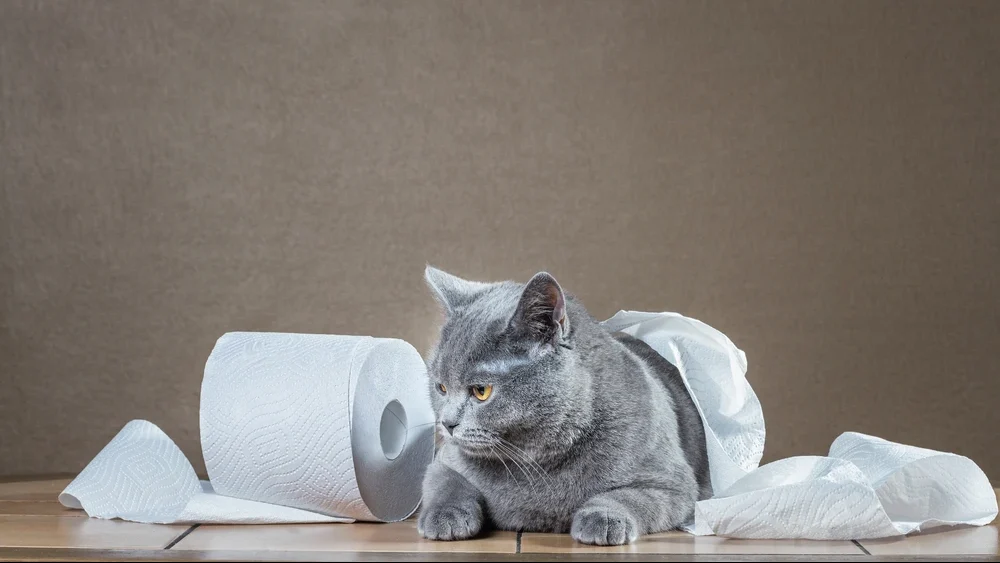
Content
Is It Serious If Your Cat Has Diarrhea But Good Appetite?
One of the more puzzling situations is when your Cat Has Diarrhea But Good Appetite. This combination can indicate that the issue is mild, such as a dietary intolerance, stress, or a minor infection. However, it’s still important to monitor your cat closely. If the condition persists for more than a couple of days, it could be something deeper, like parasites or an inflammatory condition.
Even when your cat is eating well, chronic diarrhea can cause dehydration and nutrient loss. So, don’t ignore it.
What Is The Most Common Cause Of Diarrhea In Cats?
Understanding What Is The Most Common Cause Of Diarrhea In Cats is crucial. Often, it’s linked to dietary indiscretion—meaning your cat ate something it shouldn’t have. Sudden changes in food, spoiled treats, or even scavenging from the trash can upset your cat’s sensitive stomach.
Other common causes include:
- Food allergies or intolerances
- Internal parasites (like roundworms or giardia)
- Bacterial or viral infections
- Stress or environmental changes
- Inflammatory bowel disease (IBD)
A vet visit may be needed to rule out serious health issues and get a proper diagnosis.
Cat Has Diarrhea And Vomiting — A Red Flag?
If your Cat Has Diarrhea And Vomiting, the situation becomes more urgent. Vomiting along with diarrhea can quickly lead to dehydration and indicate an infection, toxin ingestion, or severe gastrointestinal condition. It’s best to consult a vet immediately to avoid complications.
This combination of symptoms should never be managed at home without professional advice, especially if your cat appears weak, lethargic, or is refusing food.
Cat Has Diarrhea For A Week — What Does That Mean?
If your Cat Has Diarrhea For A Week, this is officially a chronic condition and requires veterinary attention. Chronic diarrhea can result from persistent infections, long-term stress, or underlying illnesses such as hyperthyroidism or cancer. Extended digestive issues will not resolve on their own and can severely affect your cat’s health over time.
Collect a stool sample, note any changes in behavior or appetite, and get a complete check-up. Don’t wait.
How To Treat Diarrhea In Cats at Home (Safely)
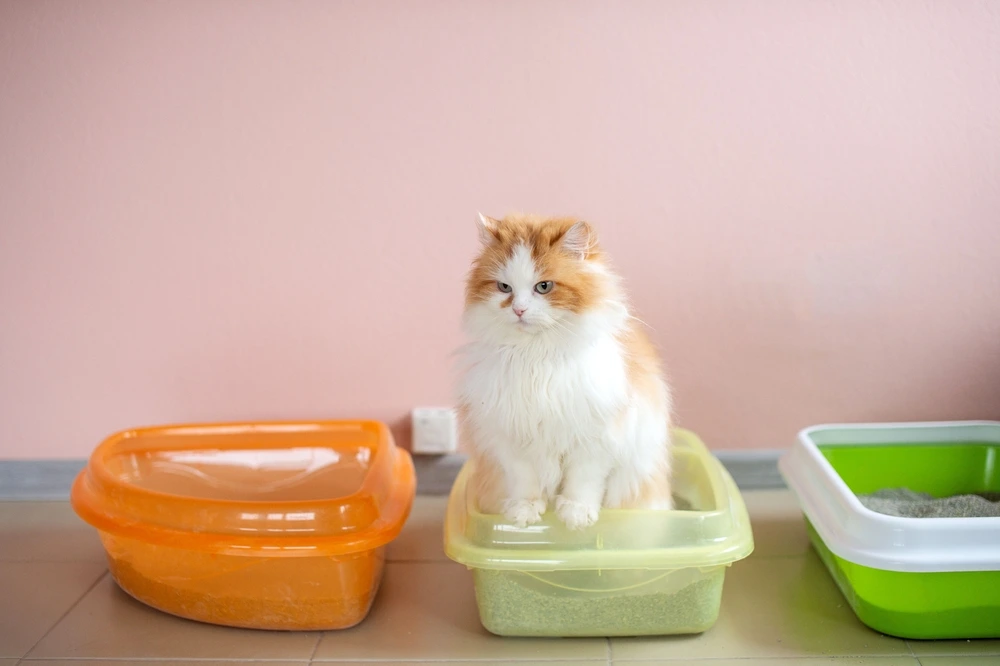
Mild diarrhea can sometimes be managed at home with careful attention to diet and hydration. Here are some effective methods on How To Treat Diarrhea In Cats:
- Fasting for 12–24 hours (only if advised by a vet) to let the digestive system rest.
- Offer plain boiled chicken and white rice in small quantities.
- Ensure clean, fresh water is always available to prevent dehydration.
- Add pumpkin puree (unsweetened) to meals—this is high in fiber and gentle on the stomach.
However, if there’s no improvement after 24–48 hours, consult your vet. Never give human medications to your cat without professional guidance.
What To Feed A Cat With Diarrhea?
Choosing the right diet is essential when figuring out What To Feed A Cat With Diarrhea. Stick to bland, digestible foods like:
- Boiled chicken or turkey (no seasoning)
- Plain white rice or mashed potatoes (no butter)
- Prescription gastrointestinal formulas available from vets
- Wet food specifically made for sensitive stomachs
Avoid dairy products, rich treats, and any new or unfamiliar foods during recovery. Introducing food slowly and keeping portions small helps the gut heal effectively.
Conclusion
When your Cat Has Diarrhea, it’s crucial to act quickly. Monitor for symptoms like vomiting, lack of appetite, or lethargy, and consult a vet when needed. Mild cases may resolve with dietary adjustments, but ongoing or severe symptoms require professional care.
Never assume diarrhea is just a passing issue—it can indicate something deeper. From understanding What Is The Most Common Cause Of Diarrhea In Cats to knowing How To Treat Diarrhea In Cats, the right information can help you take action with confidence.
Learn more about critical early-life health issues in kittens also by reading our detailed guide on Fading Kitten Syndrome.
FAQs
What should I do if my cat is having diarrhea?
Monitor the symptoms closely, remove any new foods, keep your cat hydrated, and consult a vet if it lasts more than 24–48 hours.
What can you give a cat for diarrhea?
You can offer plain boiled chicken and white rice, pumpkin puree, or vet-recommended digestive formulas. Always check with a vet before giving medications.
What should I do if my cat got diarrhea?
Start with a bland diet, remove any food triggers, and observe. If symptoms worsen or include vomiting, see a vet.
How do you treat diarrhea in cats?
Treatment depends on the cause. Dietary changes, hydration, probiotics, and sometimes medications are needed. A vet’s diagnosis ensures the best approach.

Meet Max, the dog’s best friend. He’s a pup-loving pro, sharing tips on training, grooming, and adventures with our four-legged companions.
